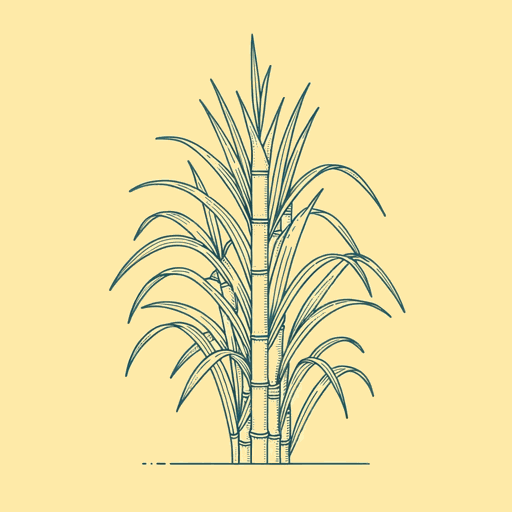59 pages • 1 hour read
Nancy Scheper-HughesDeath Without Weeping
Nonfiction | Book | Adult | Published in 1992A modern alternative to SparkNotes and CliffsNotes, SuperSummary offers high-quality Study Guides with detailed chapter summaries and analysis of major themes, characters, and more.
Chapter 6Chapter Summaries & Analyses
Chapter 6 Summary: “Everyday Violence: Bodies, Death, and Silence”
Chapter 6 is a discussion of many of the interconnected themes in Death Without Weeping: deprivation, exploitation, and the ambience of death. The specific focus of this chapter is the understanding of these negative circumstances as a form of violence. The illustration of this connection is made by way of the connection between the indifference that characterizes residents of the Alto upon death, and the widespread patterns of violent repression they face while alive, but cannot discuss openly.
The beginning of this chapter situates these forces of violent repression in the "feudal" character of the political system, based on sugarcane production. The author argues that the concentration of wealth and power into the hands of relatively few wealthy families works hand-in-hand with the military government of Brazil's past. In the Northeast, the consolidation of this power occurs at the loss of the "peasant-worker" class; their attempts to organize for greater political and economic power are frequently met with violence, torture, and "disappearings."The last of these, she argues, has the greatest significance within the culture of the Alto, a paradoxical observation, given how rarely residents are willing to talk about it. Despite this, most of the residents have a friend or family member who has been "taken," most often on the pretext said individual has committed a crime.

